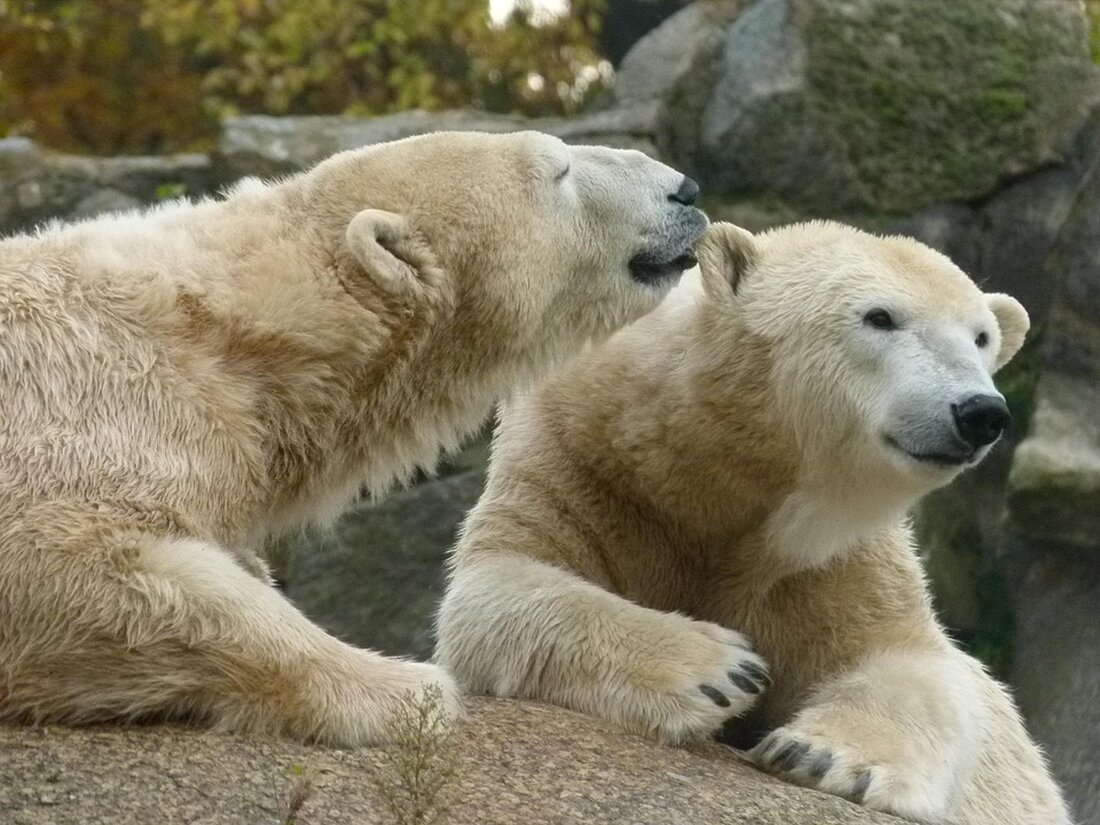Polar bears in Hudson Bay: Fighting for survival in climate change!
Polar bear scout Dennis documents the effects of global warming on polar bears in Hudson Bay, Canada, in July 2025.

Polar bears in Hudson Bay: Fighting for survival in climate change!
In the vast waters of Hudson Bay in Canada, polar bear scout Dennis observes the majestic animals suffering from the effects of global warming. His focus is on the behavior of polar bear families who, after the birth of their cubs, embark on a dangerous migration to reach their traditional habitat. Normally the polar bears find plenty of seals on the sea ice here, but the current situation is anything but normal. Climate change has significantly altered conditions, resulting in an uncertain future for polar bears in this region. Loud ARD media library Polar bears are in a constant battle for survival as changes to their habitat have a direct impact on their hunting opportunities.
One reason for the dramatic situation is the dwindling sea ice, which is forcing polar bears to stay more and more on land. As the South German newspaper According to reports, the animals are spending more and more days on land because of the alarming retreat of the ice. During this time they try to eat alternative food sources. They do this by eating berries, garbage and even carcasses.
Migration and foraging
Ice conditions are changing not only in Hudson Bay, but also affecting the entire ecosystem. Polar bears regularly descend on the settlements of Churchill, Canada, in the fall when the sea freezes and they return to their native habitat. These migrations are an important part of the polar bears' life cycle.
From late spring to early summer they hunt actively in the pack ice areas, where the seals also give birth to their young during the same period. But the extended ice-free periods caused by climate change are forcing the polar bears to spend more and more time on land. As a result, they compete with each other for limited food resources and are increasingly less dependent on their natural prey.
Adaptability and hopes
Despite these challenging conditions, there are hopes that polar bears, scientifically known as Ursus maritimus, may be able to adapt to climate change. Researchers are actively monitoring how the animals' behavior is changing and whether they can develop new survival strategies to cope with the changed living conditions.
The dramatic situation of polar bears in Hudson Bay serves as a stark example of the far-reaching effects of climate change on wildlife. It remains to be seen whether polar bears will be able to successfully adapt their lifestyle or whether the sea ice will disappear completely and their future will remain at risk.

 Suche
Suche
 Mein Konto
Mein Konto